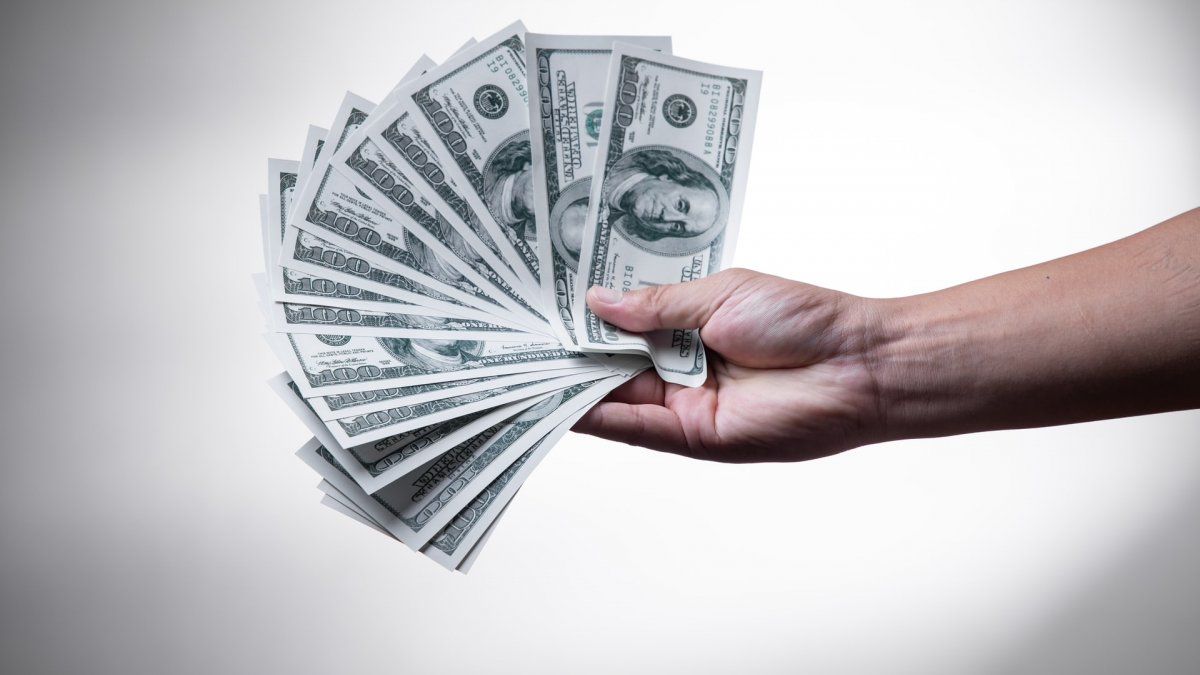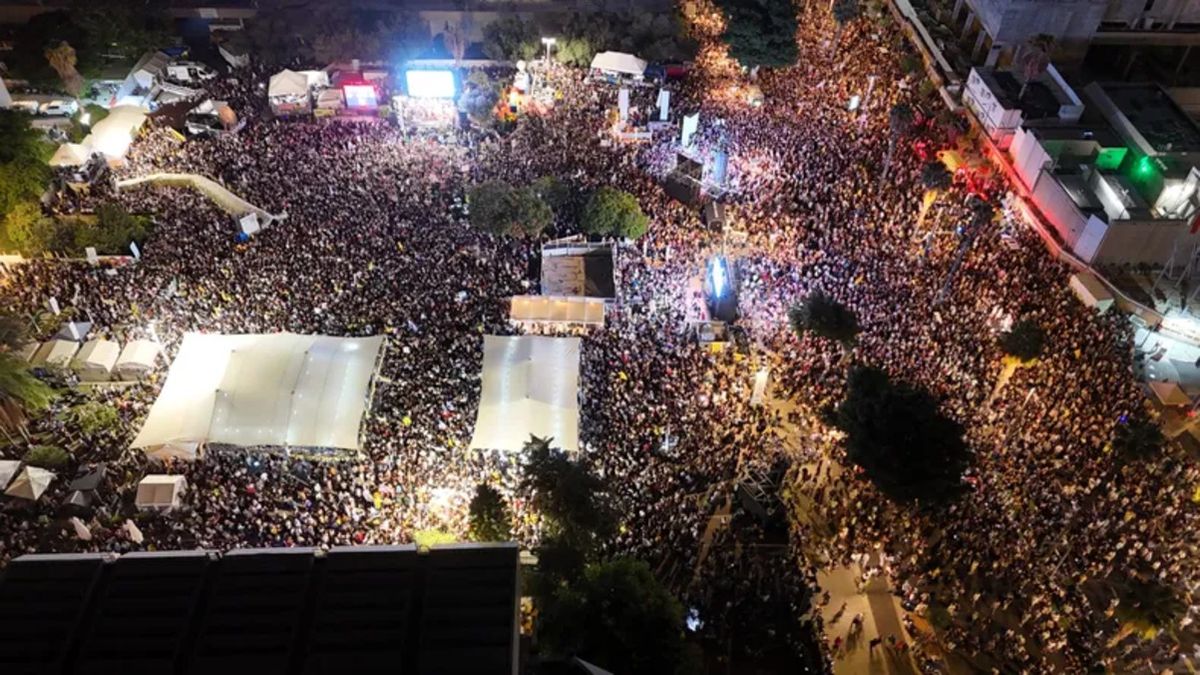The The blue dollar ended on the rise this Thursday, after cutting the initial low in which it hit an intraday low of $251, according to a survey by Ámbito in the Black Market of Foreign Exchange, in the midst of the exchange rate tension due to the changes at the head of the Ministry of Economy.
The dollar today -without taxes- rose cents to $133.27 for sale this Thursdayaccording to the average in the main entities of the financial system, while in the Banco Nación advanced 25 cents to $132.25 for sale. The market expects a split in the exchange rate.
Stocks to the dollar
The obstacles to purchases abroad reduce supply and hit highly dollarized items, economists say.
The automotive industry is one of the most affected by the new import restrictions. However, there was a relaxation in the last hours.
“We went from the festival of imports to the festival of remarks, and we already suffered shortages of merchandise,” complain importers consulted by the NA agency.
A large motorcycle dealer reported receiving price lists with increases of up to 20%. A similar complaint was made by a high-end apparel manufacturer.
The Central Bank stopped the delivery of dollars to pay for purchases of merchandise abroad and then established new restrictions to access dollars.
For the consulting firm Econviews, there will be less activity and higher inflation, and warned that these restrictions do not solve the underlying problems.
Wholesalers and distributors informed their customers that sales are canceled until further notice due to exchange rate instability.
For the consulting firm Abeceb, the new import lock has limits, because cars cannot be replaced, for example, and at some point it has to loosen, it is trial and error.
From Analytica they confirm that people are getting rid of pesos faster and faster, in the midst of inflation.
He warns that the uncertainty due to the replacement cost has a cost for the importing sector.
The recharged stocks reduce the supply of goods and that makes the level of activity and consumption of families fall, they point out from the Eco Go consultancy.
They argue that if product availability shrinks and demand remains, prices rise.
Among the items with the highest price increases are slippers -highly demanded by young people- which in the last year have accumulated an average increase of 80%.
The new stocks lead many to anticipate a greater devaluation: a large importer notified its clients that starting this week it will begin to invoice based on a dollar of $150, 20 pesos above the official one.
Source: Ambito
David William is a talented author who has made a name for himself in the world of writing. He is a professional author who writes on a wide range of topics, from general interest to opinion news. David is currently working as a writer at 24 hours worlds where he brings his unique perspective and in-depth research to his articles, making them both informative and engaging.




